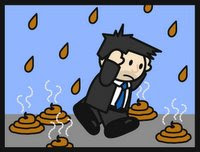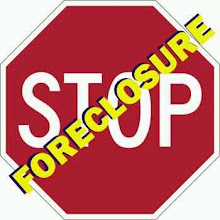From Property Professor Blog; Adams on Homeownership
Kristen Adams (Stetson) has posted Homeownership: American Dream or Illusion of Empowerment? on SSRN. Here's the abstract:
In this Article, I endeavor to show that because Americans value homeownership so much — in fact, more than we should — we have placed ourselves in an untenable position as a country and now find ourselves in the midst of a well-documented housing crisis. In addition, we have used the primacy of homeownership as an excuse not to fulfill our country’s commitment to provide housing assistance to those persons who need it most. We have done this in part by undervaluing quality, affordable rental property (and quality renters) just as we have overvalued homeownership (and homeowners). Some have used the word “myth” in talking about the American view of homeownership; however, the word I prefer is “illusion,” which I intend to be less pejorative while still acknowledging that homeownership does not always deliver the benefits it promises, particularly for lower income homeowners. This Article is not particularly concerned with the question of who is to blame for the current housing crisis, because I believe fault in this context is too complicated to be laid at the feet of just one party or another. Part II of this Article examines the median American household, mortgage, and house, concluding that many Americans cannot afford the homes they have purchased. Next, Part III addresses the question of why our country overvalues homeownership to such an extent that it now finds itself in this position. In doing so, Part III examines the many benefits that homeownership supposedly provides to both individuals and society. Part IV contrasts society’s customary treatment of homeownership as a virtue with its stigmatization of renters, concluding that the latter is unfounded. Part IV also explores how the very interests that have promoted homeownership have also benefited most from its growth. Part V considers several factors that contributed to the real estate boom that culminated in the mid-2000s, including homeowners’ treatment of mortgage debt as wealth, financing options such as no-down-payment and interest-only loans, increased utilization of home equity loans, and certain features of subprime lending. Part VI concludes by suggesting that universal homeownership does not provide the benefits Americans have come to expect from it and proposing four steps policymakers should follow in creating healthier, more sustainable housing policy.
Ben Barros
Wednesday, January 6, 2010
Subscribe to:
Post Comments (Atom)












No comments:
Post a Comment